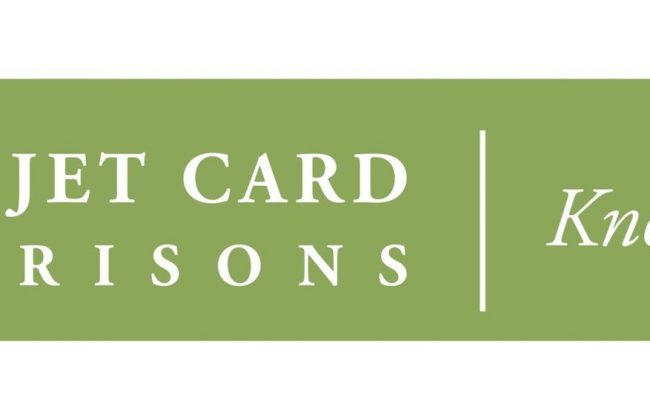 The role of the Business Jet Manager
The role of the Business Jet Manager
A Business Jet Manager handles all the day-to-day responsibilities associated with jet ownership. An experienced Business Jet Manager will make the jet ownership experience as easy and as cost effective for you possible while maintaining your aircraft at its maximum performance level.
A Business Jet Manager’s main responsibilities include flight crew selection, expense negotiations, maintenance oversight, fiscal budgeting, asset management, pilot training, FAA regulatory oversight & compliance, and crew scheduling. A Business Jet Manager will reduce fixed costs and ensure an owner’s best financial interests are maintained.
Your PIC is not a Business Jet Manager
One of the biggest mistakes a business jet owner can make is to merge the role of Business Jet Manager or Jet Management Company with the role of Chief Pilot. This mistake is very commonplace because it would seem to make sense in that one of the fixed costs is being eliminated. However, the reality of this practice is that it almost always leads to much higher overall expense.
To be clear on this point, I am not saying your Business Jet Manager cannot be a pilot, as most of us are pilots. Nor am I saying that pilots are not trustworthy. All I am saying is that your aircraft manager should not also be your primary “pilot in command” or PIC, just as your aircraft manager should not be the person turning the wrench when the jet is in maintenance.
The primary reason these roles must be separated is to avoid the natural conflict of interest that will arise as a result. This conflict of interest will always manifest itself in much higher expense in numerous areas outside of the obvious items such as pilot salaries and crew expense. It is also something that is often unintentional because a PIC’s primary concern is the safety and comfort of his owner, as it should be. Efficiency might be on your pilot’s radar (no pun intended), but it is certainly not the primary objective.
For example, a business jet owner who experiences a significant reduction in flight hours required per year, say from 400 hours down to 175 hours, due to a change in the dynamics of the owner’s primary business. For this particular owner, flight segments tend to be longer and total flying days add up to only 20 per year. With this scenario in mind, does it still make sense to have two or more pilots on full-time salary? Of course not, the owner will save over $100,000 per year by utilizing contract pilots. But will the pilot who is already receiving full-time salary, and who is also the person tasked with looking at those numbers and making correct decisions based on what is best for the owner, make the right call? I doubt it.
This is a difficult realization for many owners because there is an emotional bond that is quickly formed between a jet owner and his Captain. This is a natural process because the owner is essentially placing their life in the hands of their PIC on every flight.
At the end of the day, there is a big difference between spending and saving. So while your pilot might be okay with ensuring that your business jet expense is fair and justified (in his opinion), an experienced Business Jet Manager will ensure real savings are achieved.



